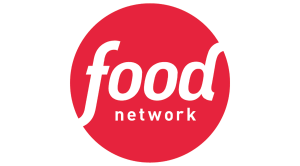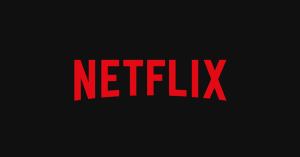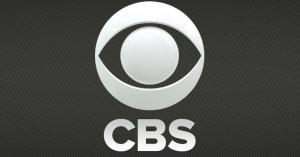With the Senate currently adjourned until Monday, and no substantial progress being made on crafting a new stimulus package, a handful of programs designed to help both individuals and small businesses have started to lapse. Unless the Senate is able to hash out a new deal before their upcoming recess on Aug. 7, it’s likely to stay that way for the foreseeable future.
Senate Republicans, who’ve tasked themselves with crafting a second, and final, relief bill from scratch rolled out a $1 trillion relief package on Monday. Dubbed the HEALS Act, it’s a very different bill than the HEROES Act, which House Democrats passed back in May. However, as CNN reports, three key relief programs have either expired or are on the verge doing so, and lawmakers are divided over how to proceed. The gridlock also comes as confirmed cases are spiking throughout the U.S., causing some areas to resume lockdown measures once again.
Videos by PopCulture.com
This, in turn, will only further impact the economy in a negative way. In the meantime, here’s a look at some of the crucial programs that have already expired, and what that could mean for future legislation.
Enhanced Unemployment Benefits

The CARES Act provided an extra $600 to those who’d lost their job, in addition to the usual state-sponsored payments, helping roughly two-thirds of unemployed individuals the University of Chicago estimates. However, Republicans believed the benefits were too much and demotivated people to return to work, which may have been a factor as to why they’ve expired as of Friday.
The HEALS Act would slash these benefits to $200 a week at first, though there is talk of extending the benefits up to 70 percent of someone’s prior income. Though that would involve every state implementing a new system, which could take several months, and even then it would cap the benefits at $500 a week.
Eviction Program

Much like the unemployment benefits, the federal eviction moratorium expired on July 24, which leaves more than 12 million renters in federally subsidized or federally backed properties at risk of becoming homeless. White House Chief Economic Advisor Larry Kudlow has said that the eviction moratorium would be extended, but no action has been taken at this time. Despite the fact that upwards of 23 million renters could be at risk of eviction between now and September 30.
Small Business Relief

The Paycheck Protection Program, which was designed to keep small businesses afloat during the pandemic, still has $130 billion in remaining funds, although the program is still set to expire on August 8. The HEALS Act, at least in its current form, would repurpose that money and add another $90 billion and allow businesses to take out a possible second loan. It also expanded the use of the funds to qualify for loan forgiveness, but at this point hinges on the fate of the next stimulus package.
Opposition

In addition to the usual sparring points between Republicans and Democrats as to what should be included in the stimulus package, about 20 GOP Senators have insisted they plan to vote “no” on any upcoming financial relief. This means that the Republican-controlled Senate needs Democrats on board with their plan, both for their chamber and the House of Representatives. Although it’s possible that President Donald Trump could cut a deal with Democrats directly, as has been rumored as a potential workaround.
Alternate Possibilities

Senate Majority Leader Mitch McConnell has floated the idea of passing certain aspects of the larger stimulus into smaller packages, using the unemployment benefits as a specific example. Like most of the programs, however, there’s no concrete timetable at this point.
Conclusion

In short, there are a number of programs that have either expired or are expiring in the very near future, which leaves potentially millions of Americans in dire financial shape due to both the pandemic and general inaction by the government.








